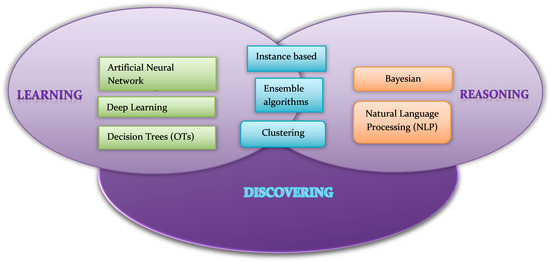
Introduction
In today’s fast-paced world, where hectic schedules and demanding lifestyles have become the norm, maintaining a healthy lifestyle has never been more important. As we commemorate World Healthy Lifestyle Awareness Day (15th of February), it is crucial to recognise the role that artificial intelligence (AI) and Machine Learning (ML). ML is a subset of AI which can be positioned to differentiate between correct and incorrect categorisations. The power of AI in personalised health can improve our attitudes towards health accordingly.
AI has made significant strides in recent years, enabling the development of sophisticated applications and tools that can assess trends in outcome-based research. AI advancements pave the way for healthcare interventions such as biological evaluations, diagnostics and predictions through devices. This has led to a more personalised collection of data and real-time feedback from customers.

Nutrition Assessments and AI
One area where AI can have a profound impact is in nutrition assessments. By collecting and evaluating data about dietary intake, AI systems can provide tailored diets that fit an individual’s behaviours. Factors such as age, gender, microbiota, genetics, metabolism, and lifestyle habits can all influence how individuals respond to food nutrients. The adoption of AI in the field of nutrition could pave the way for the development of personalised nutrition plans. This can eventually lead to better health outcomes at both the individual and national levels. AI technologies can enable precise customised dietary recommendations and promote health through predictive and preventive guidelines. This facilitates the management of diseases in a more effective manner.
AI Enabling Holistic Health Interventions
AI can assist physicians in selecting appropriate therapies, adjusting doses in a timely manner, and identifying patients who require more comprehensive or urgent examinations. By reducing the time spent in face-to-face visits and streamlining healthcare processes, AI can alleviate the workload of physicians and decrease waiting times in medical centres. This, in turn, can lead to a reduction in overall healthcare costs. The power of AI in personalised health delivers context specific health outcomes.
Conclusion
It is important to address certain challenges, related to patient privacy whilst acknowledging AI’s utility. Healthcare institutions and research collaborations produce methods in which AI is implemented responsibly and ethically. As we celebrate World Healthy Lifestyle Awareness Day, let us celebrate AI and personalised healthcare.
